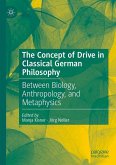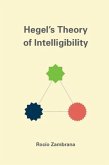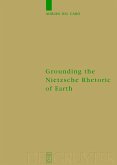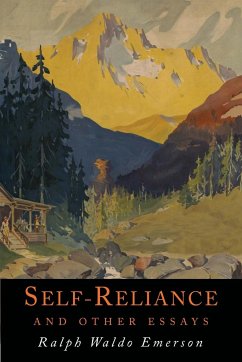Classical German Philosophy has traditionally been understood as the period in the history of ideas in which the investigation of the human mind takes precedence over the investigation of the natural world. This assessment has a twofold consequence. On the one hand, the philosophy of the period has been praised for its contributions to our understanding of multiple expressions of human rationality such as history, art, and religion. On the other hand, such a philosophy has been criticized for its obscure speculations alien to the standards of modern scientific cognition. The philosophy of nature developed at the time has been accordingly dismissed as a piece of outdated metaphysics. Challenging this view, the contributions collected in this book argue for the historical and contemporary relevance of the approaches to nature formulated at the time.
Hinweis: Dieser Artikel kann nur an eine deutsche Lieferadresse ausgeliefert werden.
Hinweis: Dieser Artikel kann nur an eine deutsche Lieferadresse ausgeliefert werden.
The book "combines historical accuracy with attention to contemporary debates. It convincingly shows the relevance of classical German philosophers for many of the discussions we have today. Some of the articles will undoubtedly set a new standard for discussions regarding the history of classical German philosophy. The whole volume will be of use to many students and researchers." - Anonymous reviewer
"The resurgence of interest in classical German Naturphilosophie has produced a new and exciting body of literature, demonstrating the deep significance of this period in contributing to our understanding of nature. The excellent contributions in this volume are a welcome addition to a still-growing and ever-urgent set of debates, including how classical German philosophers can help us better approach contemporary scientific theories of nature and the ongoing environmental crisis." - Karen Ng, Vanderbilt University
"The resurgence of interest in classical German Naturphilosophie has produced a new and exciting body of literature, demonstrating the deep significance of this period in contributing to our understanding of nature. The excellent contributions in this volume are a welcome addition to a still-growing and ever-urgent set of debates, including how classical German philosophers can help us better approach contemporary scientific theories of nature and the ongoing environmental crisis." - Karen Ng, Vanderbilt University








